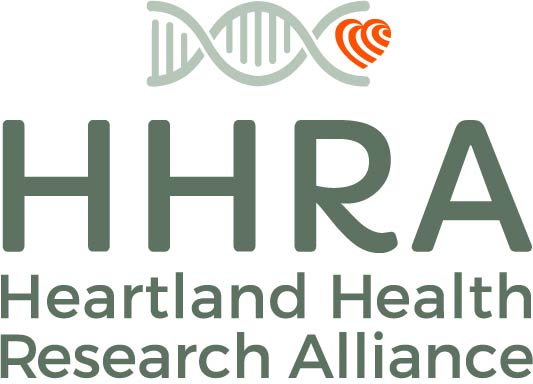Askelson, N., Ryan, G., Pieper, F., Bash-Brooks, W., Rasmusson, A., Greene, M., & Buckert, A.; “Perspectives on Implementation: Challenges and Successes of a Program Designed to Support Expectant and Parenting Community College Students in Rural, Midwestern State;” Maternal Child Health Journal, 2020, 24(Suppl 2), 152-162; DOI: 10.1007/s10995-020-02879-6.
ABSTRACT:
OBJECTIVES: Expectant and parenting students (EPS) at community colleges are an underserved and often under-resourced group. In a rural, Midwestern state, the department of public health was awarded the Pregnancy Assistance Fund (PAF) grant to assist this population. This paper outlines the results of the implementation evaluation and offers suggestions for programs and evaluators working with this population in the community college setting.
METHODS: We conducted a multicomponent evaluation utilizing quantitative and qualitative methods. Evaluation activities included tracking activities/services, surveys and interviews with participants, and interviews with community college staff implementing grant activities. The research team calculated frequencies for quantitative data and coded qualitative data for themes.
RESULTS: Data from the community colleges and students’ self-reports revealed that EPS most commonly received concrete support from the program, often in the form of stipends or gift cards. Students reported that concrete support was beneficial and helped to relieve financial stress during the semester. Students’ major barriers to participation were lack of knowledge about the program and busy schedules that prevented them from accessing PAF services. Staff reported that difficulty identifying EPS and the short one-year project period were major implementation challenges.
CONCLUSIONS FOR PRACTICE: We recommend that community colleges work to identify EPS, use fellow EPS to recruit program participants, and implement programming that works with the students’ schedules.
